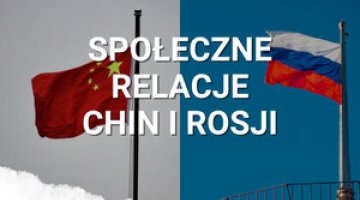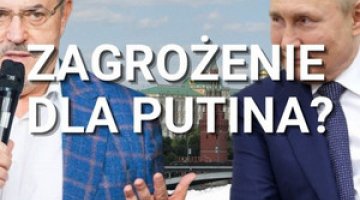Analyses
Russia at the Davos Economic Forum
At this year's annual Economic Forum in Davos on 26-29 January, the Russian delegation, led by President Dmitri Medvedev, tried to persuade Western businessmen to invest in Russia. His guarantees that the investment climate in his country is improving stood in contrast to declarations by Western representatives, who criticised Russia for its politically managed judicial system and ubiquitous corruption. It seems, however, that the Russian market is so attractive that it will not lack investors who are ready to accept these conditions.
The Russian delegation encouraged foreign investors to become involved in the plans for privatisation in Russia, as well as the recently created Skolkovo Innovation Centre, among other projects. As proof of the positive changes taking place in Russia, they claimed the recent large investments made by international companies, including BP and Pepsico, and also – paradoxically – the second judgement in the so-called Khodorkovsky case. In the opinion of the Russian Federation’s Deputy Prime Minister Igor Sechin, this latter demonstrates that there is no impunity for criminals. However, the positive image of Russia constructed by Russian politicians has been undermined by sharp comments from Western businessmen concerning the lack of respect for the law in Russia. One of these is William Browder, head of the Hermitage Capital Management investment fund; in 2005 his criticism of corruption in Russia led to him being banned from entering Russia (the firm’s lawyer Sergei Magnitsky died in Russian custody in 2009). The British Prime Minister David Cameron warned businesses about investing in countries based on ‘authoritarian capitalism’, which was seen as a veiled criticism of Russia (and China)
Regardless of the obstacles that businessmen on the Russian market must grapple with, more and more foreign investors are tempted by high profits in Russia, and are prepared to accept the conditions imposed by the Russian authorities. <iwo>




